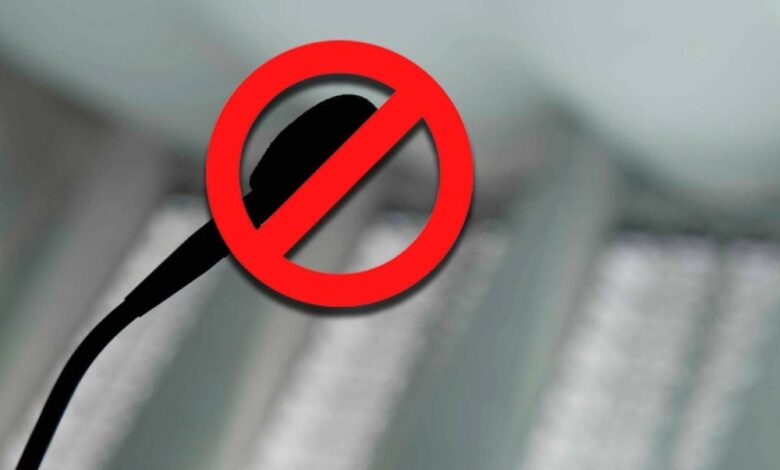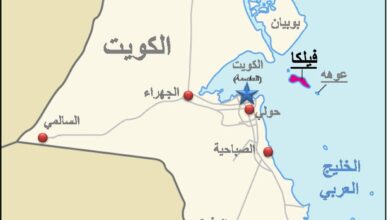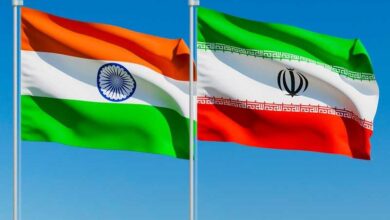‘Electoral silence’ does not extend to electronic media platforms

In a significant legal ruling, the Criminal Court of Appeal, presided over by Counselor Muhammad Ghazi Al-Mutairi and with the membership of Counselors Muhammad Al-Duaij and Muhammad Jaafar, clarified that electoral silence does not extend to electronic media platforms, as there is no provision to punish such conduct.
The court made this determination as it overturned a lower court’s decision to fine an electronic media platform on a social media network, deeming it a legal violation due to the absence of specific legislative punishment, reports Al-Jarida daily.
The court stated in its ruling that it disagreed with the Public Prosecution’s assertion that applying criminal statutes concerning publication restrictions before elections constitutes a punishable offense in the absence of explicit legal provisions.
The court emphasized that the accusation against the accused was based on evidence from a legal researcher at the Ministry of Information, who claimed that the accused, on a specific date, had failed to verify the accuracy of information published on their Twitter account regarding electoral silence violations.
The Ministry of Information’s complaint cited a violation of Article 7 of Ministerial Resolution No. 143 of 2016, which prohibits the broadcast or publication of any content, related to candidates for the National Assembly elections on polling day and the preceding day. However, the court determined that while such actions may contravene regulations and regulatory decisions, they do not constitute a criminal offense in the absence of specific legal penalties.
The court concluded that the prosecution failed to substantiate the accusation against the accused, as there was no evidence to prove that the published information was inaccurate or untrue. Consequently, the court annulled the lower court’s verdict and acquitted the accused of all charges.
The prosecution had initially charged the accused with failing to ensure the accuracy of published information and violating electoral silence, seeking punishment under various articles of the Electronic Media Law No. 8/2016.













